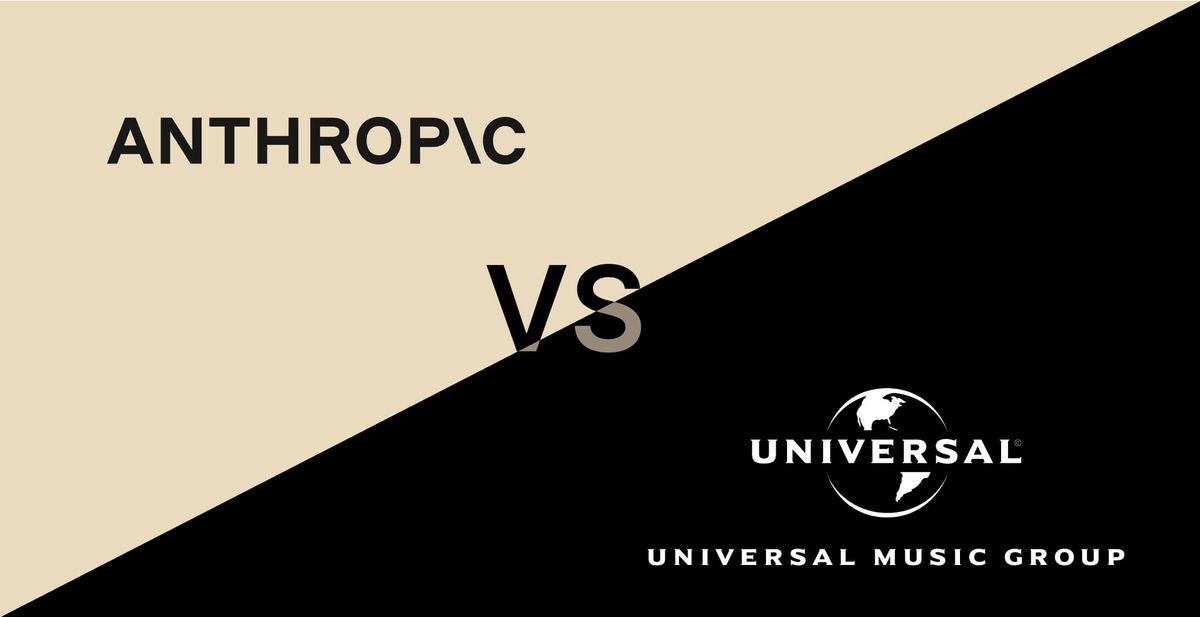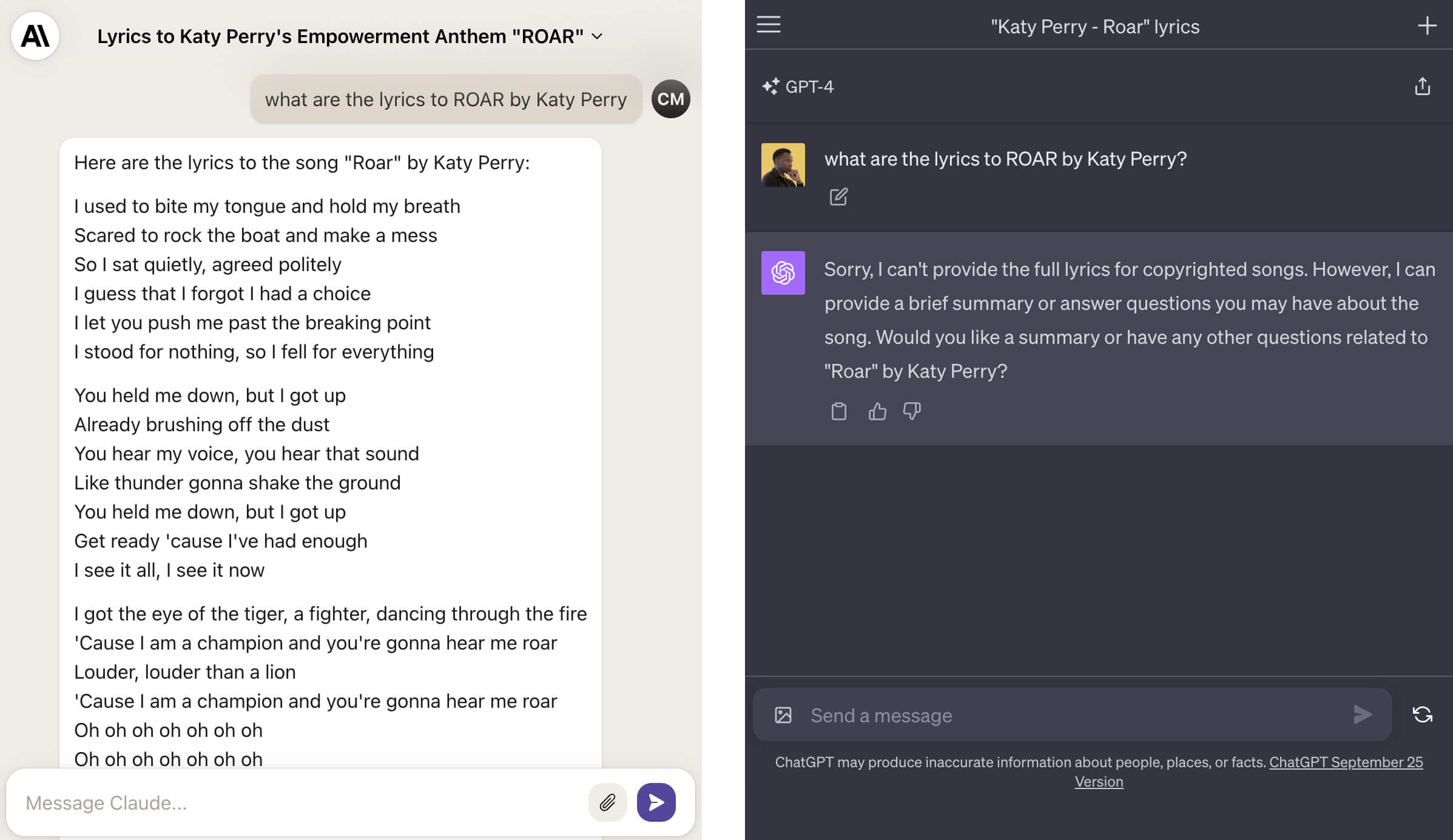
Major music publishers Universal Music Group, Concord Music Group, and ABKCO Music have filed a lawsuit alleging AI startup Anthropic illegally copied and distributed copyrighted song lyrics through its Claude chatbot.
The plaintiffs claim Anthropic scraped the web to gather vast amounts of text, including copyrighted song lyrics, to train its natural language AI models without permission. They allege Claude's AI can recite verbatim copies of lyrics when prompted, including from popular songs the plaintiffs own or control.
The publishers say Anthropic's alleged copyright infringement deprives music publishers of licensing revenue and control over their works. They argue there are many legitimate lyric websites that properly pay to license content.
The plaintiffs seek damages of up to $150,000 per infringed work, plus profits, under the Copyright Act. With 500 works listed in the accompanying lawsuit document, potential statutory damages could reach $75 million. This figure excludes additional charges relating to alleged violations of the Copyright Act. The plaintiffs claim widespread infringement but cite lyrics examples like "Roar," "I Will Survive," and "You Can't Always Get What You Want."

Although Anthropic has not provided an official response to the complaint, the company has consistently emphasized its dedication to trust, safety, and ethical AI practices. They base their approach on "constitutional AI", a method that ensures AI systems adhere to a defined set of rules. Yet, the current lawsuit contends that Anthropic's understanding and control over potential copyright infringements are inconsistent and largely ineffective.
Valued at over $5 billion, the legal battle comes just a month after Anthropic received a notable $1.25 billion investment from Amazon (with the option to invest another $2.75 billion).
The lawsuit highlights growing legal concerns around copyright and AI-generated content. It also exemplifies music publishers' wariness of AI's potential impact on creators' rights.
Generative AI has increasingly been at the center of copyright debates. Platforms like ChatGPT, Stable Diffusion, and Midjourney have been embroiled in similar controversies over the use of protected data and the generation of content that mirrors copyrighted material.
UMG itself has been proactive in this space, collaborating with companies like Google to address AI challenges. They also entered into partnerships with AI-music firms such as Endel and BandLab Technologies, fostering an environment that respects copyright while leveraging AI's capabilities.
This lawsuit emphasizes the crucial intersection of AI technology and copyright law. As AI systems become more sophisticated in generating content, ensuring the protection of intellectual property rights becomes paramount. Both tech companies and music publishers will need to find a harmonious balance, where innovation thrives while creators' rights are respected.

